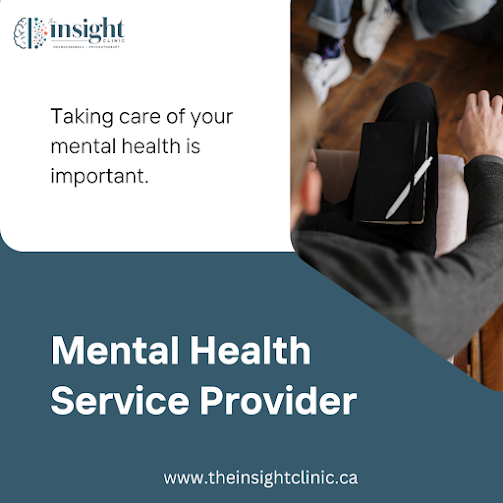10 Effective Ways to Manage Your Anxiety Every Day.
Anxiety can feel overwhelming, but incorporating simple, effective strategies into your daily routine can significantly alleviate symptoms and improve your quality of life. Whether you're working on these techniques on your own or with the best anxiety therapist near you, this blog post explores ten approaches to managing anxiety every day, helping you to regain control and enjoy a calmer, more peaceful existence.
1. Start Your Day with Mindfulness
Begin each morning with a mindfulness exercise, such as meditation or deep breathing. This sets a calm tone for the day and helps reduce overall anxiety levels by anchoring you in the present moment.
2. Establish a Routine
Stability can be soothing for an anxious mind. Try to establish a daily routine that includes consistent wake-up times, meal times, and bedtimes. This predictability can decrease anxiety by reducing the number of unknowns in your day.
3. Physical Activity
Exercise is a powerful anxiety reliever. It increases endorphins, which improve mood, and can distract from anxious thoughts. Aim for at least 30 minutes of moderate exercise most days of the week, whether it’s a brisk walk, a yoga session, or a bike ride.
4. Balanced Diet
What you eat affects how you feel. Reduce anxiety by avoiding excessive caffeine and sugar, which can cause jitters and crashes. Focus on a balanced diet rich in vegetables, fruits, lean proteins, and whole grains to stabilize your energy levels and mood.
5. Adequate Sleep
Lack of sleep can exacerbate anxiety. Aim for 7-9 hours of quality sleep per night. Create a relaxing bedtime routine and try to go to bed and wake up at the same time each day to regulate your body's clock.
6. Limit Screen Time
Excessive exposure to screens, especially social media, can increase anxiety. Set specific times when you will check your email or social media accounts rather than constantly scrolling throughout the day.
7. Journaling
Writing down your thoughts and feelings can provide an outlet for expressing what’s on your mind and help organize your thoughts. This can make your anxieties feel more manageable and less daunting.
8. Connect with Others
Isolation can worsen anxiety. Make an effort to connect with friends or family regularly, whether it’s through a phone call, video chat, or in-person gatherings. Sharing your experiences with others can also help you feel supported and less alone.
9. Practice Relaxation Techniques
Techniques such as progressive muscle relaxation, guided imagery, or aromatherapy can help reduce symptoms of anxiety by engaging your senses and focusing your mind on relaxation rather than worry.
10. Seek Professional Help
If your anxiety feels unmanageable, consider seeking help from a mental health professional. Therapy, such as cognitive-behavioral therapy (CBT), can provide you with effective strategies to cope with anxiety and improve your quality of life.
Conclusion
Managing anxiety is a daily commitment, and incorporating these ten strategies can make a significant difference in your overall well-being. Each component is not only effective individually but also plays a crucial role in the comprehensive approach to Anxiety Treatment in Ontario. Remember, it's important to be patient with yourself and recognize that managing anxiety is a journey, not a destination. With consistent effort, you can achieve a calmer, more fulfilling life.




Comments
Post a Comment